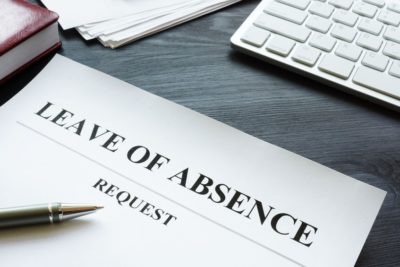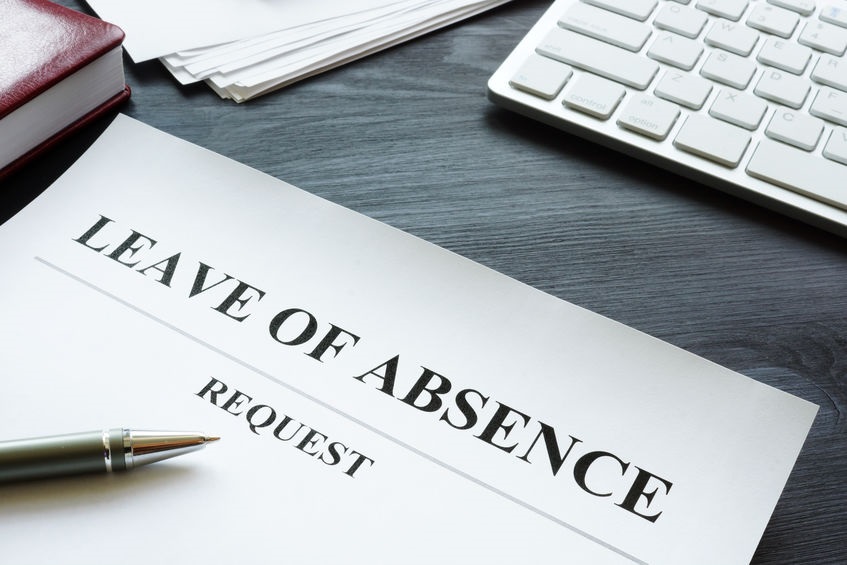 You are entitled to maternity leave pursuant to the Family and Medical Leave Act of 1993 (FMLA) if you meet all the following criteria:
You are entitled to maternity leave pursuant to the Family and Medical Leave Act of 1993 (FMLA) if you meet all the following criteria:
- Your employer employs at least 50 employees within a 75-mile radius of your worksite.
- You worked at least 12 months and 1,250 hours for your employer.
- Your leave is for the birth and care of your new child, or the adoption of a child or placement of a foster child.
If all of these are met, you are entitled to up to 12-weeks of unpaid, job-protected leave. Even though it is unpaid, you may be able to use any accrued vacation or sick time and/or apply for short-term disability benefits, if applicable. This leave applies to men and women alike, so long as all eligibility requirements are met.
After your leave, your employer is required to return you to the same or similar position at the same rate of pay and benefits.
If your employer denies you maternity leave, this violates the FMLA. It is also unlawful for your employer to retaliate against you for exercising your rights under the FMLA.
Learn more about your FMLA rights on our blog: Job Protected Leave: Know Your Rights – Family and Medical Leave Act of 1993
What if the FMLA does not apply?
You may still be entitled to maternity or paternity leave if your employer has a maternity or paternity leave policy or if a collective bargaining agreement provides for this type of leave. In certain circumstances, when maternity leave is not offered, if the employer offers other types of leave, the employer should offer pregnant employees the same leave it offers to non-pregnant employees.
If you more questions about your maternity or paternity leave rights, consult with experienced employment law attorneys who can evaluate your specific circumstances.

